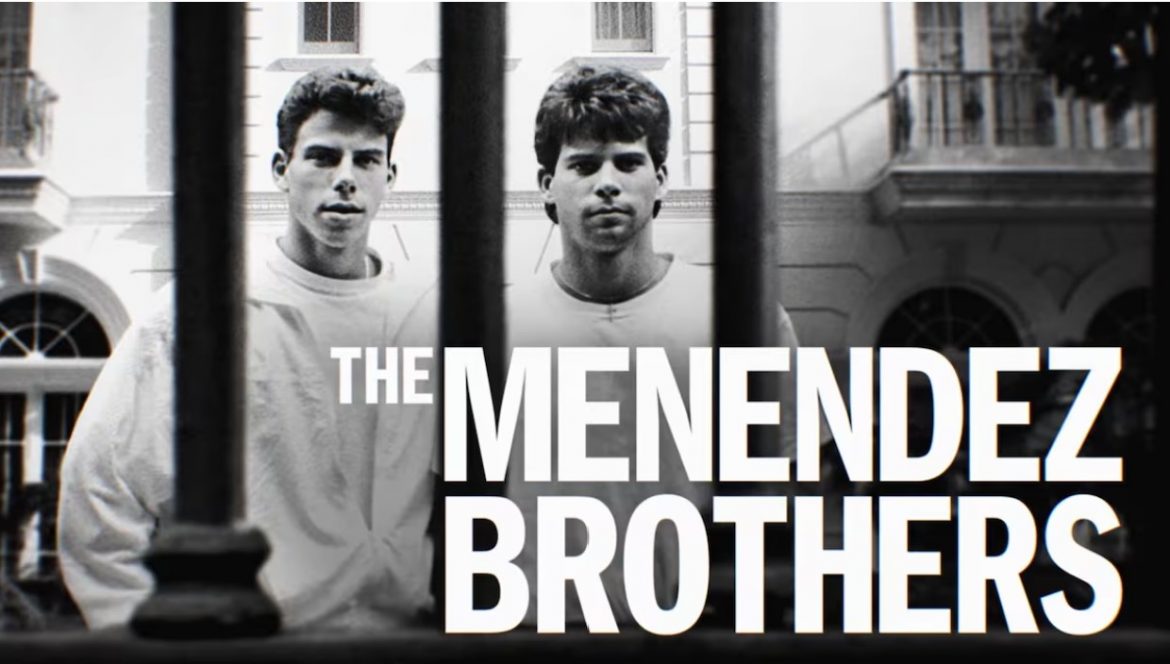The debated and questionable ethics of true crime.
Lizzie Federico, Contributor
With thousands of books, podcasts, films, and series captivating audiences worldwide, true crime and its ethics remain a heated topic of debate, regardless of whom you ask. In recent years, works of true crime have seemed almost inescapable, with the question of its moral correctness a necessary afterthought. Are we ok with glamorizing the brutal murders of innocent young women in Hollywood’s newest Ted Bundy film? Is it acceptable for people to livestream court cases from the comfort of their living room? Can we allow for heinous acts of brutality to become so desensitized? That’s what I’m here to discuss, and prove my stance on the blurred ethics of true crime.
One of the easiest aspects of true crime media to define as disrespectful, at least for me, is the blatant glamourization of criminal behaviour through casting a noteworthy, attractive actor as its star. I’ll firstly state the obvious, why is it necessary for our resident serial killer to be played by a beloved cover-model actor? The answer is it isn’t, but Netflix’s Dahmer and the one of many pieces of Ted Bundy related media, Extremely Wicked, Shockingly Evil and Vile, nail the hammer on the head for this point. In these instances, Evan Peters and Zac Efron, respectively, were clearly cast for not solely their acting abilities, but for how their face on a poster would look to someone scrolling through their favourite streaming service or deciding which movie to see this Friday night.
Not only are these actors a clear cash grab, these incredibly mainstream cases — easily identifiable for the average person — serve as clear evidence that these films and others like them are created for the sole purpose of putting money in Hollywood’s pocket, disrespecting their truly sinister source material. These violent, horrible crimes committed against young men and women serving as a form of profit for multi-million dollar corporations showcases one of the many problems with true crime in our media.
Saying this, true crime is not always so incorrectly executed, and many pieces of media discuss deviant behaviour in a better way. Though not without fault of their own, series such as Conversations With a Killer and more documentary focused media, even some podcasts, can be well executed and reliable sources for accurate true crime. By remaining less tabloid-like, solely focusing on facts and case descriptions, true crime media can serve as a valuable educational source for people to simply learn about violent crime. Though no piece of media is without the underlying motivation for success, by focusing on telling a true story of a criminal case true crime can be a less debatable, more educational topic.
However, this doesn’t frequently occur. Majority of the time the educational, accurate version of a criminal case becomes quickly warped and initiates the clickbait-based problem that is unfortunately so common in media focused on true crime. Despite many instances of true crime in media having unethical practices, the overall discussion of true crime, when done in an educational and accurate manner can be incredibly beneficial for the way our world views deviant behaviour. Unfortunately, this isn’t commonly the case, so when looking at our current media’s idea of true crime, it is definitely a dismissive, desensitized and ethically incorrect system that prioritizes profit over respect. If only we could be better.
Image Source: Netflix




